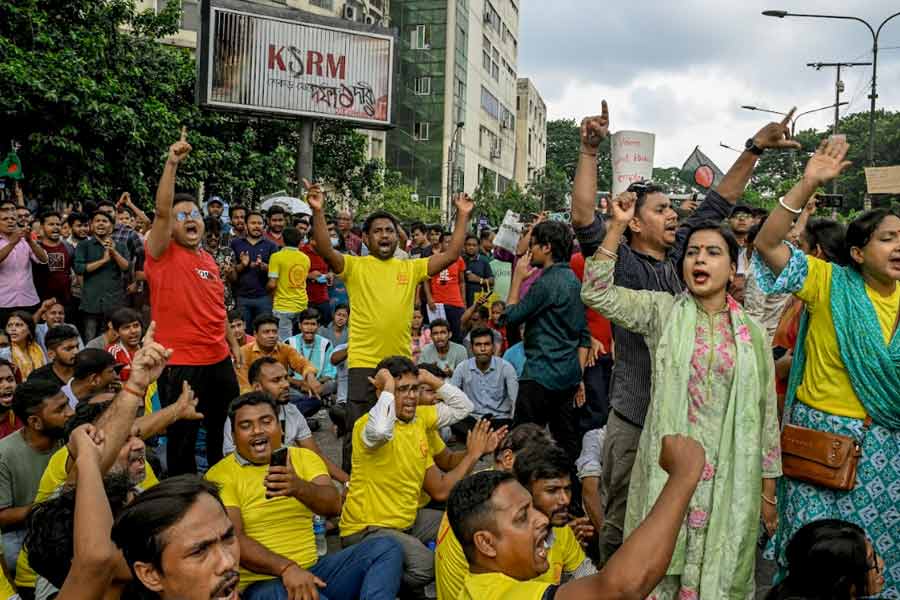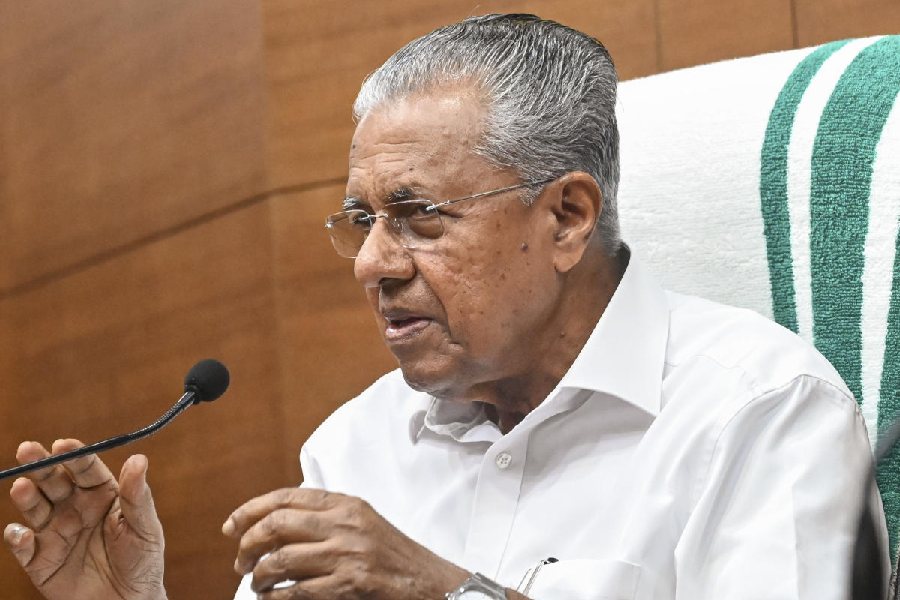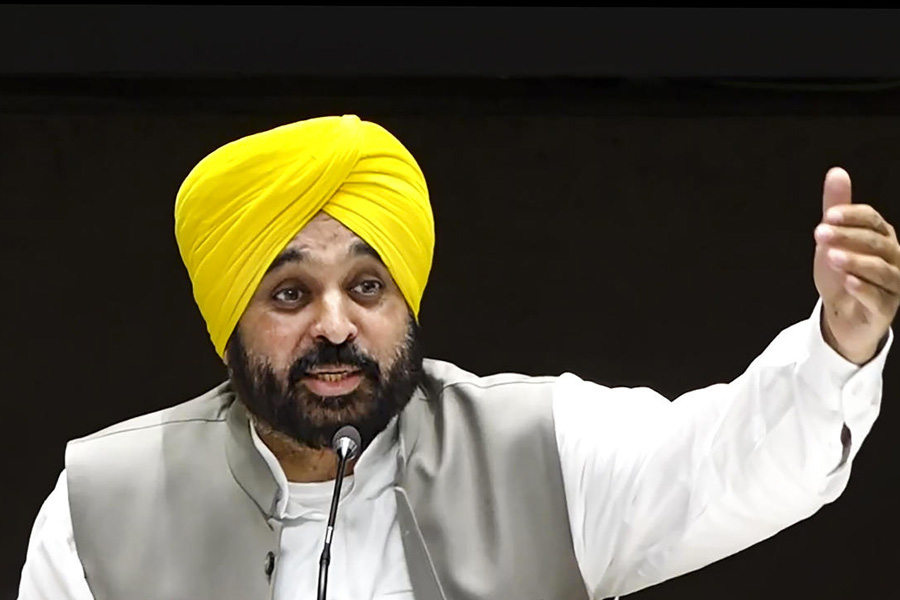The onslaught of the Covid-19 pandemic has exposed fault lines within the Indian judiciary, laying bare the hollowness of the constitutional promise of equal access to justice. Courts were forced to reschedule everything, leading, in turn, to a domino effect on other law enforcement agencies. Virtual hearings were limited to the most urgent of cases. The problem of pendency of cases at all levels has thus been further aggravated. The number of cases pending before the lower courts stood at 3.2 crores just before the pandemic; it crossed the 4 crore mark in September 2021. There are around 4.5 crore pending cases in courts across India. The Supreme Court’s pendency rate alone increased by a record 7.3% last year.
Given the sheer enormity of these numbers, they are unlikely to go down anytime soon. This will directly impact the right to speedy trial, which has been upheld by the Supreme Court several times as a fundamental right under Article 21 of the Constitution. Much has been written about the huge pendency of cases in Indian courts, with reasons ranging from institutional problems such as a low judge-to-population ratio and legal impediments such as unnecessary adjournments and hyper-technical legal rules and procedures to infrastructural barriers such as the sad state of the lower judiciary. The push towards institutionalizing Alternative Dispute Resolution mechanisms, digitizing the judiciary and amending several statutory provisions to set definite time limits for completion of investigation, trial and so on as solutions to the above problems only partially acknowledge the crisis.
Research published by the Harvard Business Review argues that ADR, as currently practised, too often mutates into a private judicial system that looks and costs like the litigation it is supposed to prevent. Limitation provisions, too, are subjectively used by judges, thereby defeating their very purpose. The digitization drive in the judiciary started almost a decade ago, but its benefits are yet to be seen. It is significant to understand that speedy trial is a universal right — available to criminal defendants, victims, corporations, state parties and, most importantly, the public.
The Indian judiciary is facing a challenge to its legitimacy and it is far more serious and concerning than it seems. Despite this, India does not have a separate legislation to deal with the problem of judicial delays. A Speedy Trial Act is the need of the hour. An Act that does not just enumerate provisions for tighter, time-bound schedules but also one that harmonizes, integrates and universalizes limitation provisions across statutes, enumerates provisions for fixing accountability on authorities for delays and violations, outlines strict numerically defined limits on every stage of the judicial process, establishes independent regulatory authorities to oversee its implementation and provides for the setting up of necessary infrastructure to deal with the problems of justice delivery. An Act that addresses the concerns of every stakeholder is the need of the hour.
The Speedy Trial Act, 1974 in the United States of America is a good example. It states that the defendant needs to be brought to trial within 100 days of arrest. The penalty for violation of this provision is dismissal of the charges against the defendant. This makes law enforcement agencies accountable and brings in an attitudinal shift rather than a mere technical amendment. To make the implementation more practical, the 1974 Act consists of a ‘phase-in period’ during which time-limits were to be gradually tightened.
Three-fourths of our prison population is made up of undertrial prisoners. Many languish inside prisons for years and even decades without trial. Their fault is often nothing more than poverty and illiteracy. But a far bigger problem is a slow, ignorant and lackadaisical judicial system that pays no heed to the wounds of those who are at the bottom of the pyramid. An institutionalized framework on speedy trials by way of legislation is urgently needed or the apex court’s repeated emphasis on speedy justice being a fundamental right will turn out to be mere sophistry and justice will continue to remain a distant dream.
Anurag Tiwary is an Impact Fellow at Global Governance Initiative











